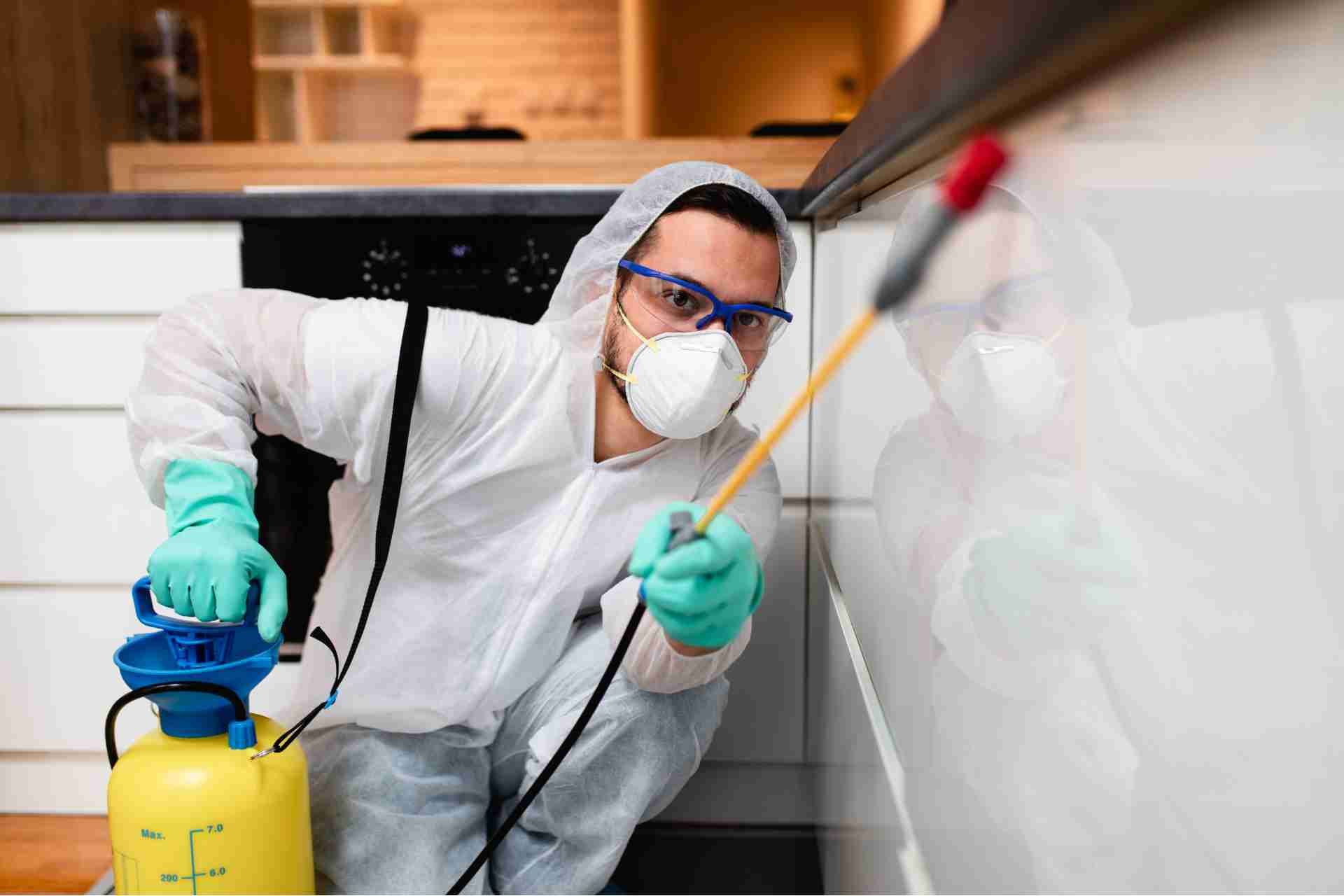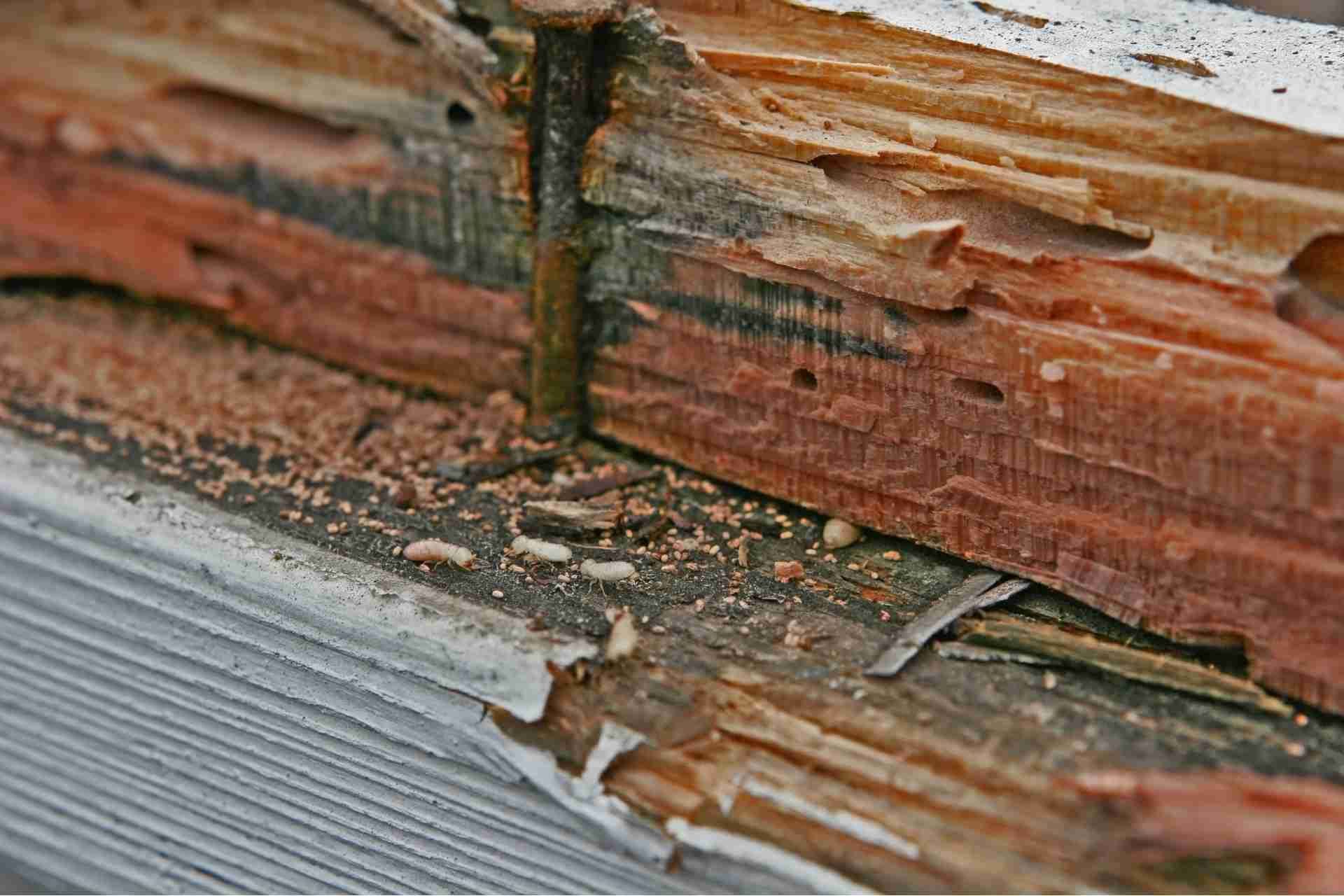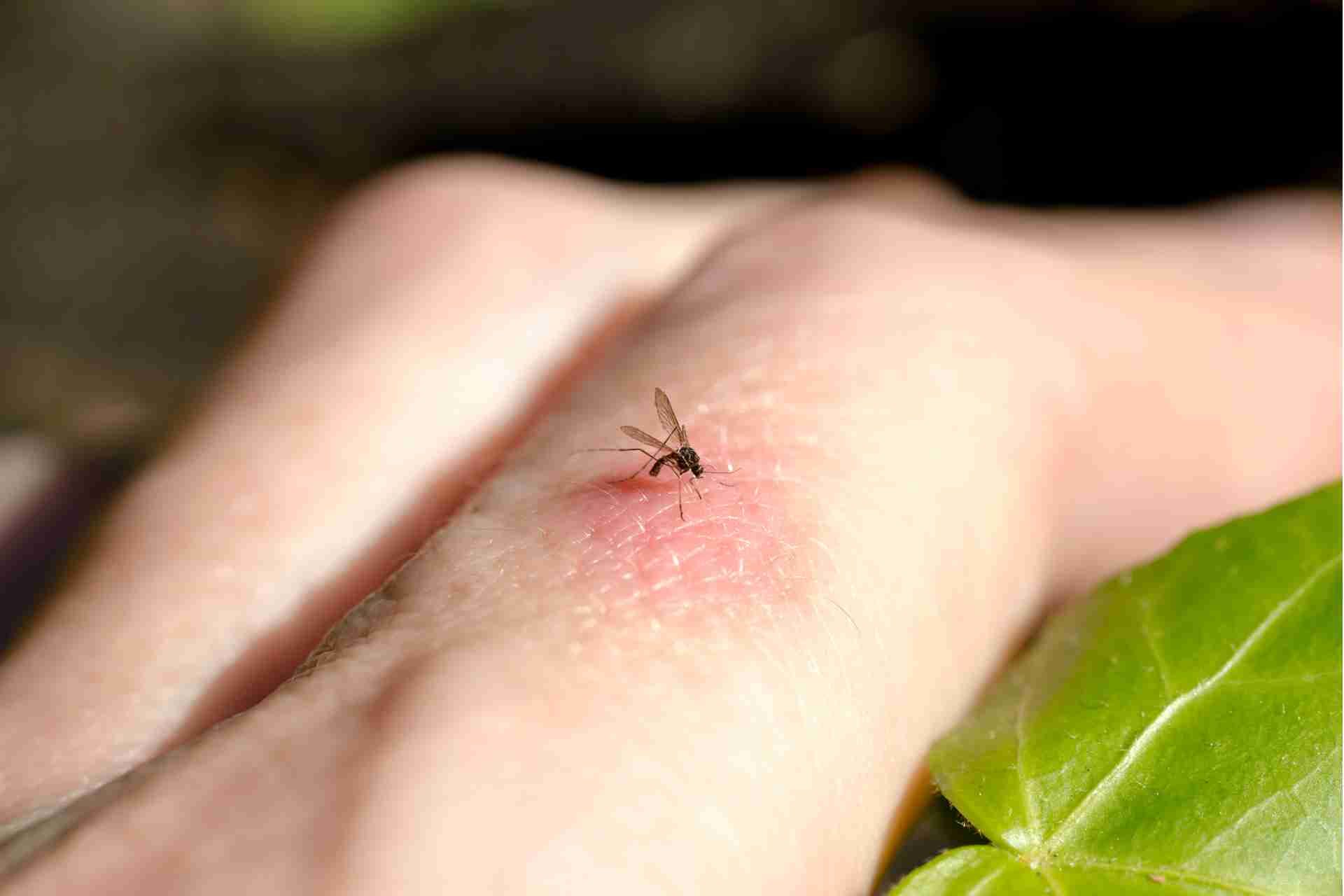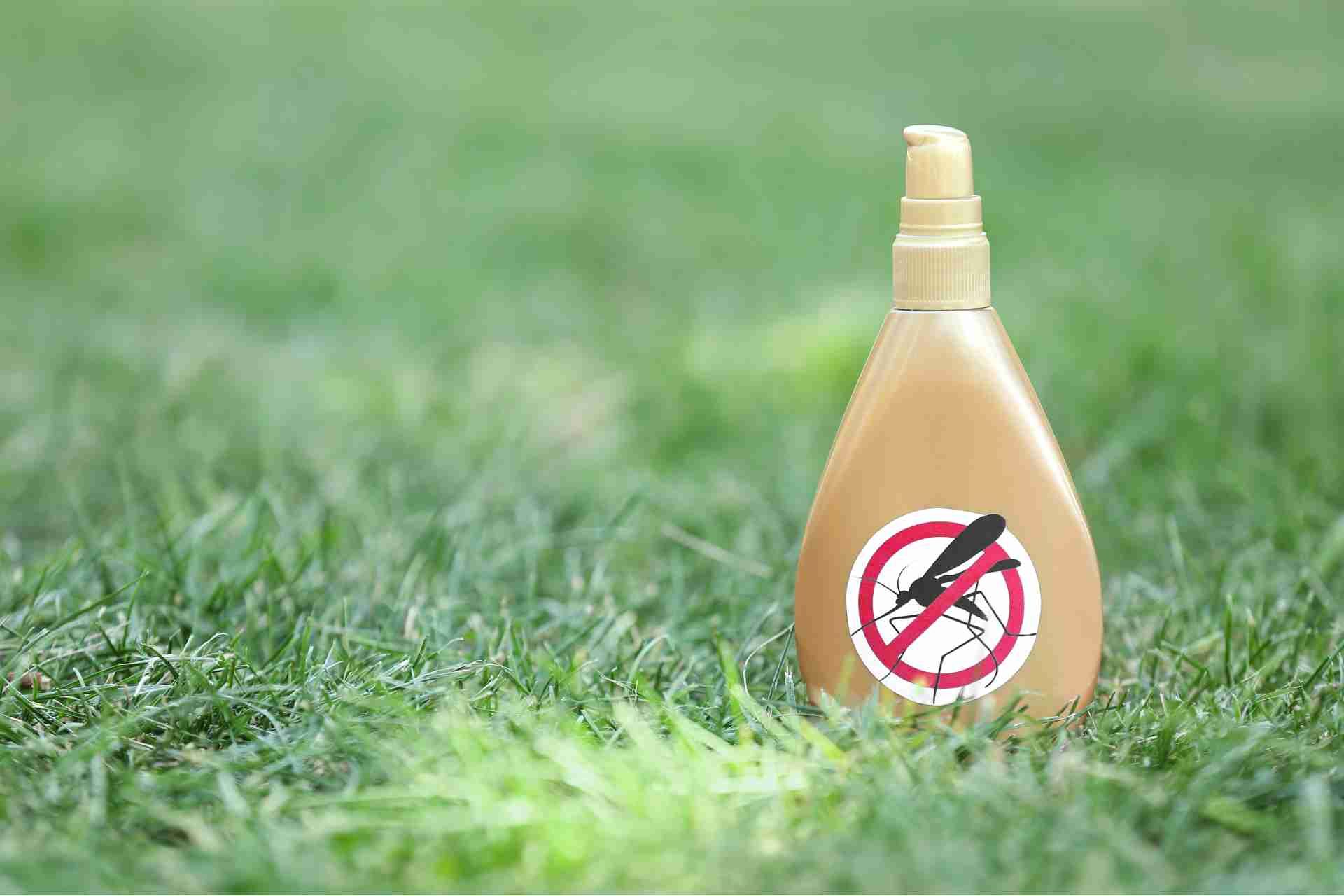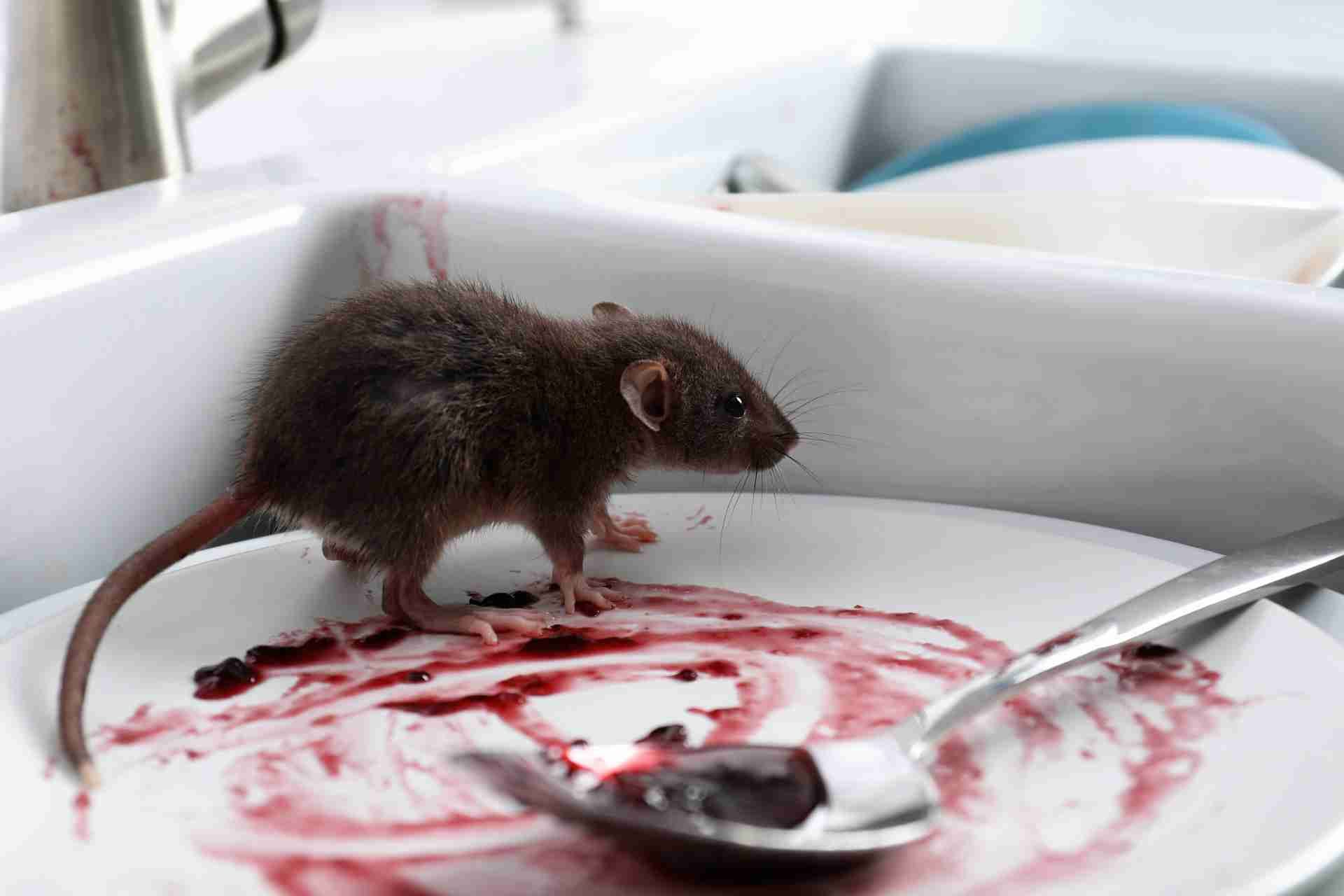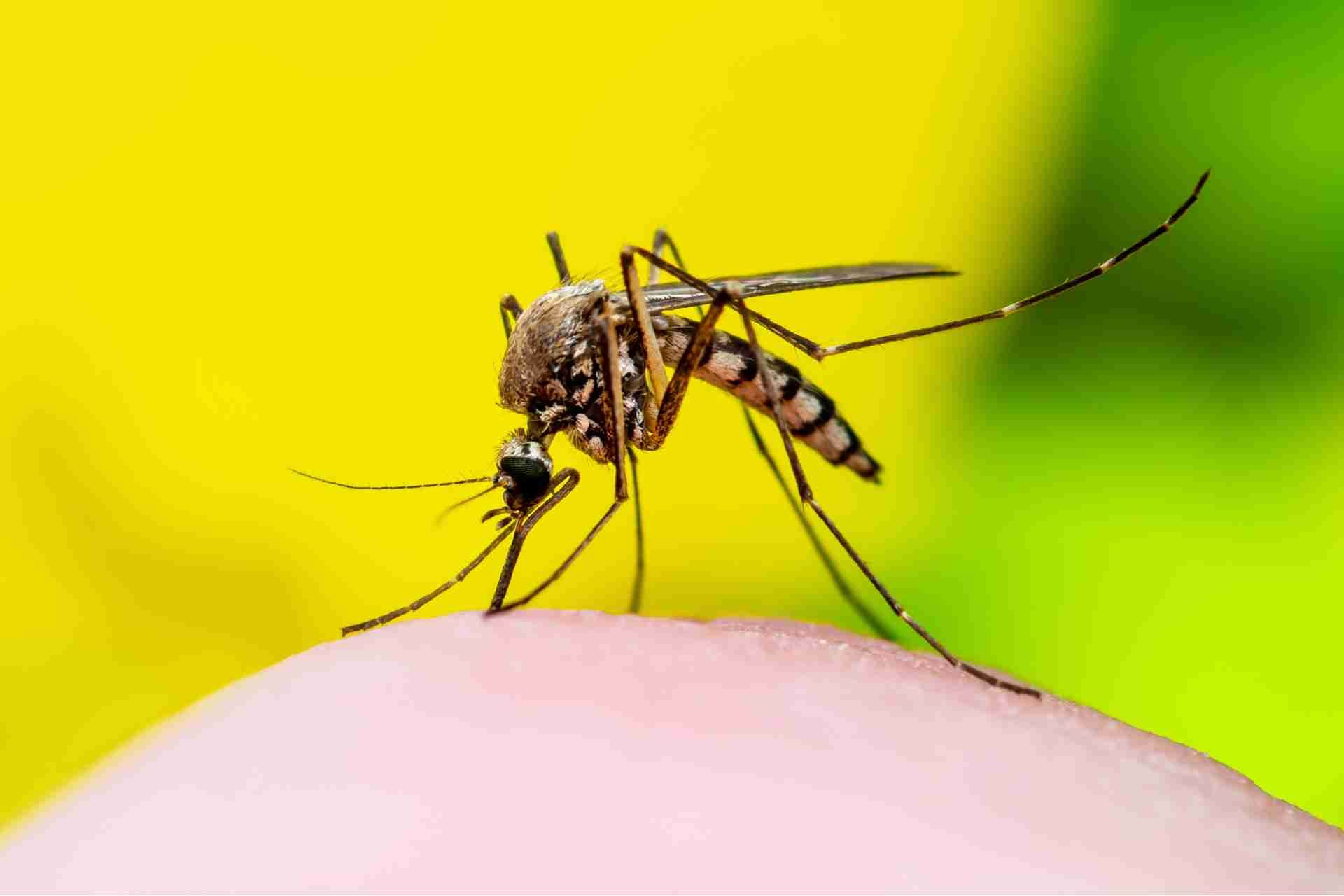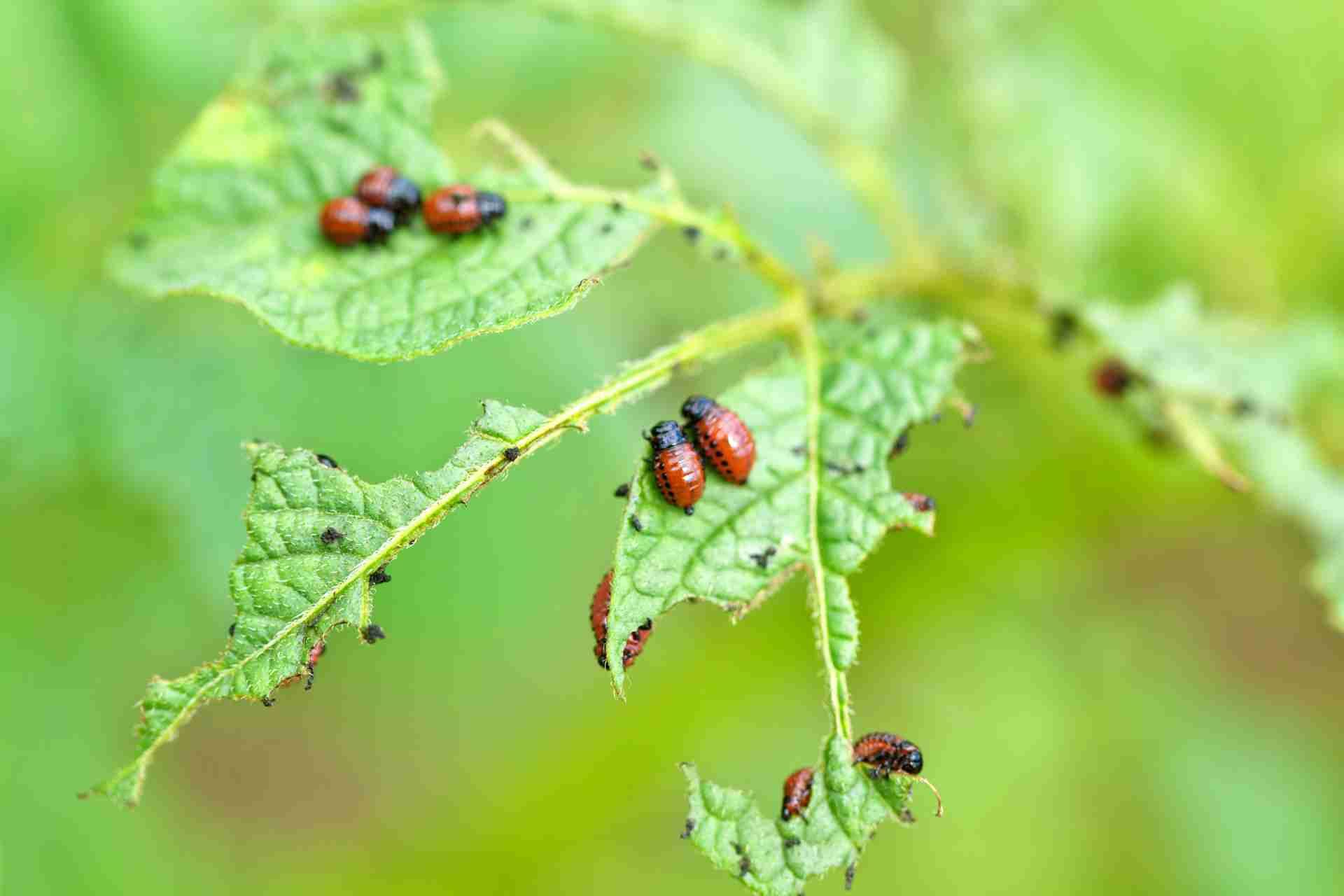Reasons Why Pest Control Fails
Pest control is an essential aspect of maintaining a healthy and comfortable living environment. However, many people find that their pest control efforts often fall short, leading to frustration and persistent pest problems. Understanding why pest control fails is crucial in developing effective strategies to combat these unwanted invaders. This article explores the common pitfalls in pest control and provides insights on how to avoid them.
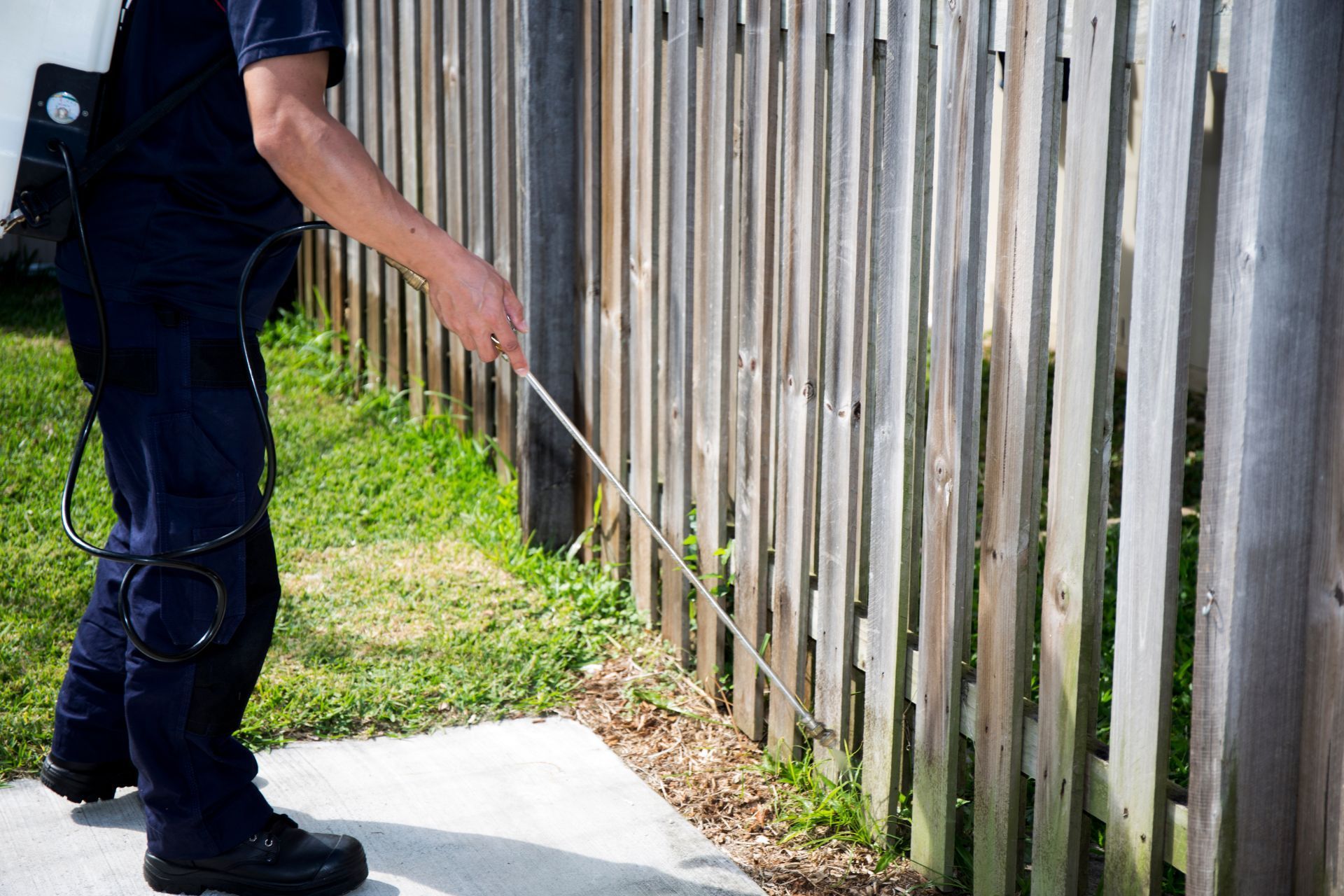
Inadequate Identification of Pests
One of the primary reasons pest control efforts fail is the improper identification of the pest species. Different pests require different control methods, and using the wrong approach can render your efforts ineffective. For instance, treating a termite infestation with general insecticides intended for ants will not resolve the problem and may even exacerbate it.
Solution: Conduct thorough research or consult a pest control professional to accurately identify the pest. Proper identification allows for targeted treatment plans that are more likely to be successful.
Inconsistent Application of Treatments
Pest control is not a one-time task but an ongoing process. Many people fail to follow through with consistent applications of treatments, allowing pests to rebound and reinfest the area. This is especially true for treatments that require multiple applications over time.
Solution: Follow the recommended schedule for pest control treatments. This may involve regular inspections and reapplications to ensure that the pest population is effectively managed and eventually eradicated.
Neglecting Environmental Factors
Pests thrive in environments that provide them with food, water, and shelter. Ignoring these environmental factors can undermine pest control efforts. For example, leaving food scraps or standing water can attract pests and provide them with the resources they need to survive and multiply.
Solution: Implement comprehensive pest management strategies that address environmental factors. This includes proper sanitation, waste management, and eliminating sources of standing water and food that can attract pests.
Overreliance on Chemical Treatments
While chemical treatments can be effective, overreliance on them can lead to pest resistance and environmental harm. Pests can develop resistance to certain chemicals over time, rendering them ineffective. Additionally, excessive use of pesticides can harm non-target species and disrupt ecosystems.
Solution: Integrate non-chemical control methods into your pest management plan. This can include physical barriers, traps, and biological controls such as introducing natural predators. Using a combination of methods can reduce the likelihood of resistance and provide more sustainable pest control.
DIY Approaches Without Expertise
Do-it-yourself (DIY) pest control methods can be tempting due to their cost-saving appeal. However, without proper knowledge and expertise, DIY methods can often be ineffective or even counterproductive. Misapplication of treatments or using the wrong products can exacerbate pest problems.
Solution: When dealing with significant pest infestations, it is advisable to seek professional pest control services. Professionals have the experience, tools, and knowledge to effectively manage and eliminate pests.
Ignoring the Root Cause of Infestations
Addressing the symptoms of a pest infestation without tackling the root cause will lead to recurring problems. For example, simply killing visible pests without addressing entry points or breeding grounds will not provide a long-term solution.
Solution: Conduct a thorough inspection to identify and address the root cause of the infestation. This may involve sealing entry points, repairing structural damages, and modifying the environment to make it less hospitable to pests.
Inadequate Monitoring and Follow-Up
After an initial treatment, continuous monitoring and follow-up are essential to ensure the effectiveness of pest control measures. Failing to do so can result in a resurgence of the pest population.
Solution: Implement a monitoring system to track the effectiveness of pest control measures. Regular inspections and follow-up treatments can help maintain control over the pest population and prevent future infestations.
Conclusion
Effective pest control requires a comprehensive and well-informed approach. By understanding and addressing the common reasons for failure, you can develop strategies that are more likely to succeed. Whether you choose to handle pest control yourself or hire professionals, being proactive and thorough in your efforts will help you achieve and maintain a pest-free environment.

